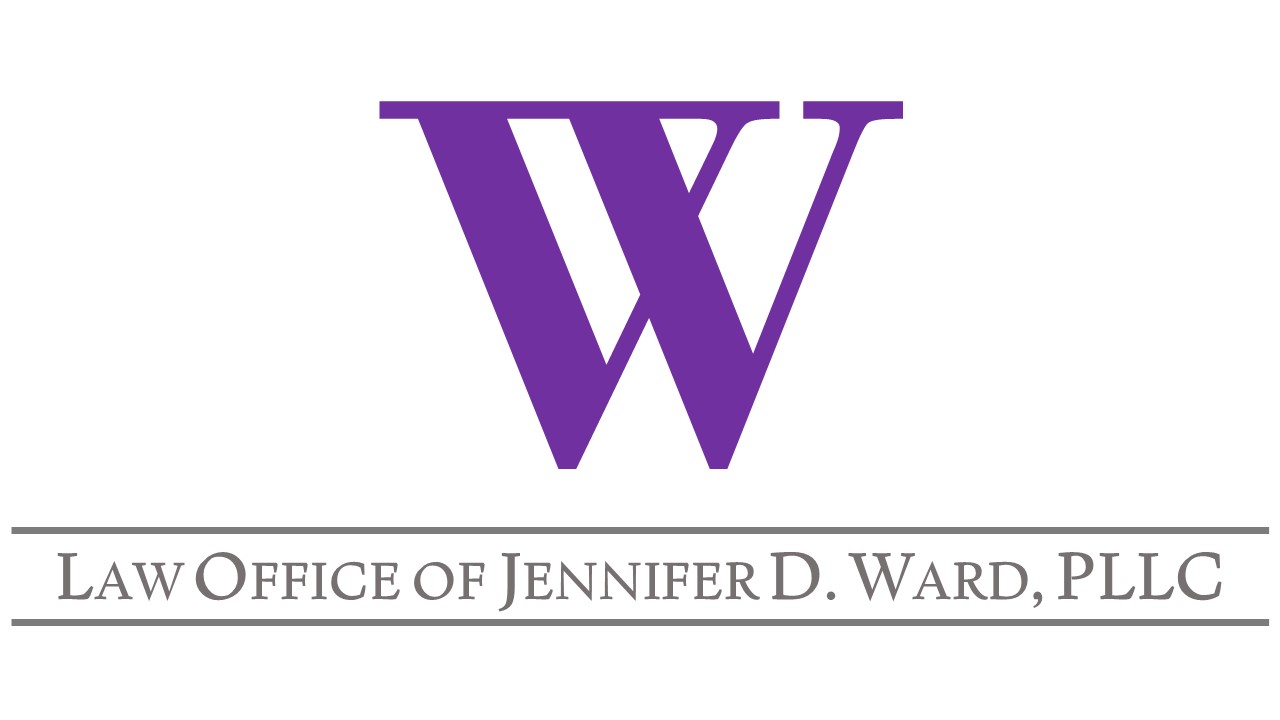The Equal Employment Opportunity Commission (“EEOC”) is a federal agency that works to enforce federal laws that make it illegal to discriminate, harass, or retaliate against a job applicant or employee because of their race, color, religion, sex (including pregnancy, sexual orientation, or gender identity), national origin, disability, or genetic information.
Filing an EEOC Claim
When a job candidate or employee believes their rights have been violated, that person can file a claim with the EEOC. An EEOC claim is called a Charge of Discrimination. Claimants who believe they have suffered discrimination, harassment, or retaliation cannot file a lawsuit until they have filed a claim with the EEOC or a parallel state or local agency.
A party filing a complaint can submit their allegations through the EEOC Public Portal. The first step is to make an inquiry through the EEOC’s website about potentially making a claim. Then, the EEOC will conduct an interview to find out more about the specific inquiry. This type of complaint is quite serious, so there are several steps to the process to ensure the allegations are accurate and meet requirements under federal law before the Charge of Discrimination is finalized.
Mediation and Investigation
Once the Charge of Discrimination has been filed, the complaint will follow one of several possible paths. First the EEOC will offer to mediate the claim. A mediation is a form of alternative dispute resolution where a third-party acts as a “mediator” so both sides of the dispute can achieve a favorable outcome. Approximately three-quarters of cases that go to mediation are settled favorably. Last year, the EEOC was able to retrieve $333 million dollars for victims of discrimination in the workplace through mediation alone.
If the parties elect to forego mediation, or the mediation process fails, then the EEOC will investigate the case. An investigator will be assigned to the claim. They will typically collect information from both parties. They may interview witnesses and review documentary evidence. After completing its investigation, the EEOC will occasionally file a lawsuit on behalf of the claimant. In deciding which lawsuits to file, EEOC officials consider the strength of the evidence, the issues involved, and the impact a lawsuit would have on public interests.
The EEOC is an important agency in the United States. If you have questions about EEOC claims and procedures, consult with an experienced employment attorney. The Law Office of Jennifer D. Ward is available as a resource at any point.

